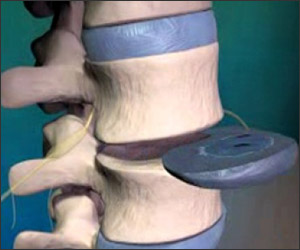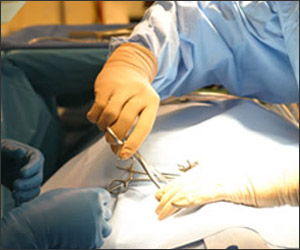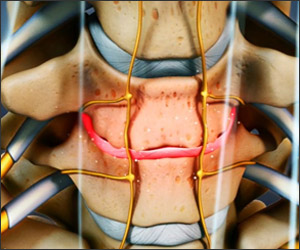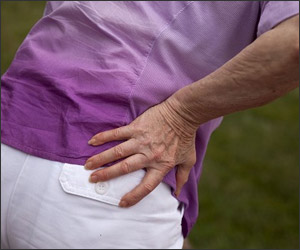
Dr. Amitabha Das
MBBS (Hons), MS (General Surgery, Gold medalist), MCh (Neurosurgery, AIIMS

MBBS (Hons), MS (General Surgery, Gold medalist), MCh (Neurosurgery, AIIMS
DEGENERATIVE SPINE SURGERY
What Is Degenerative Spine Disease?
Spinal degeneration is a progressive disease, meaning it gets worse over time. Here’s how the disease progresses:
1. Over time, the fluid in the cushioning disc between the vertebra decreases, affecting the ability of the disc to function normally.
2. Fissures (small tears) can develop in the annulus, the outer layer of the disc, making it more susceptible to tears.
3. Vertebral endplates may thin, affecting the blood supply to the disc.
4. All of this causes the joints on the side of the vertebra to experience an increased workload, contributing to the degeneration.
 The Effects of Spinal Degeneration
The Effects of Spinal Degeneration
As degeneration occurs, minor trauma or unusual activity can produce back pain, causing muscle pain and spasms. The outer ring of the disc can tear and the inner cushioned part of the disc may continue to degenerate. Eventually, this can lead to spinal instability and nerve entrapment, which causes nerve pain.
Additionally:
• Bone spurs or osteophytes (bony growths) develop in and around the facet joint and discs.
• The ligaments can thicken and compress the spinal cord, causing central spinal stenosis or nerve root entrapment.
• Movement, or spondylolithesis, may occur, which can cause instability and movement in the spinal column. This may produce pain or weakness, particularly in an arm or leg.
Degenerative Spine Disease and Osteoporosis
Bones can also lose their density and develop osteopenia or osteoporosis. They can be more likely to fracture or break with trauma. Lifestyle habits such as smoking, being overweight, lack of exercise or exercising too much can also affect bone quality, making your spine more at risk of injury
 2
2
Symptoms of Degenerative Spine Disease
Symptoms of degenerative spinal disorders include:
• Back pain
• Arm or leg pain
• Movement in the spine and spinal deformities
• Weakness
• Spasticity
• Clumsiness
• Changes in sensations
• Bone Spurs
• Bowel, bladder or sexual dysfunction may also occur.
 3
3
What Causes Spine Degeneration?
The main cause of degenerative spine disease is age. As we age, our spine ages also. The discs between the vertebrae in the spine lose their fluid and their ability to provide cushioning, which makes them more prone to injury.
Other Causes of Spinal Degeneration
There are many factors that contribute to how each person may experience degeneration in the spine. These factors can include:
• Mechanical, including extreme of excessive bending, lifting and twisting
• Traumatic
• Nutritional
• Biochemical
• Genetic
• Occupation
• Smoking
• Gender, as men are more likely to develop spine degeneration
